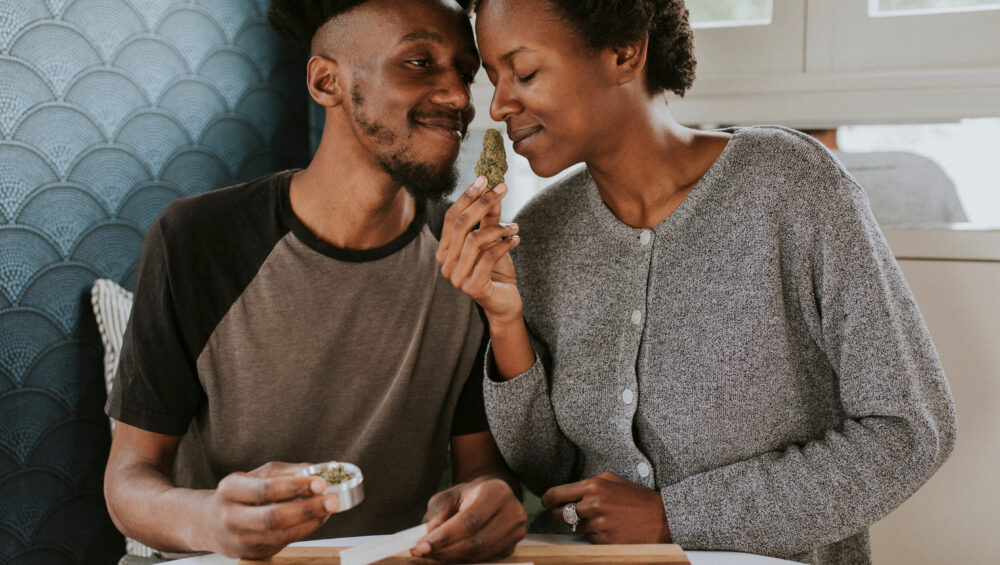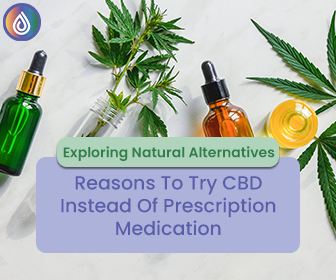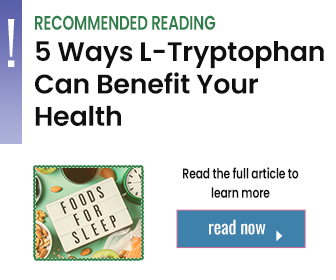4 Ways To Talk About CBD With Loved Ones
Cannabidiol (CBD) has the ability to help a number of people through their day-to-day problems. However, due to its association with cannabis, many people are turned off.
This can be frustrating as you know CBD might just be the answer your loved one is looking for. But don’t let this frustration get the better of you. When it comes to this new and emerging industry, the most important thing we can do is educate others.
By informing people about CBD, we’re changing the stigma that’s been placed upon it and other cannabis products. Throughout this blog, we’re going to give a few pointers to mention to your loved one when discussing CBD.
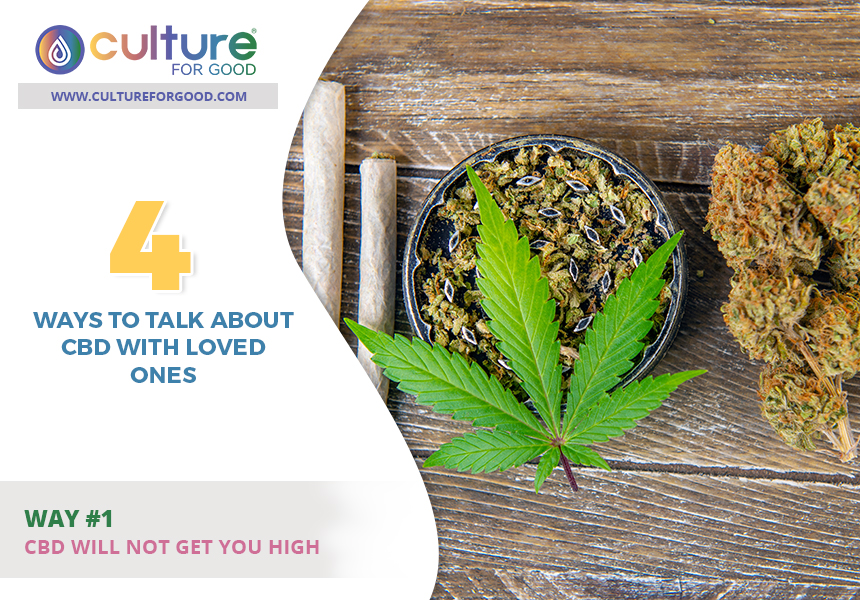
1CBD Will Not Get You High
When people think of a cannabis product, they almost immediately think of the psychoactive effects associated with marijuana smoking. However, as we all know, CBD doesn’t get you high.
In order to convey this to a loved one, it’s important to mention the dozens of cannabinoids there are in a cannabis plant. Each of these cannabinoids interacts with the body in a different manner.¹
Cannabidiol (or CBD) is just one of these cannabinoids and it doesn’t interact with the body in the same way THC (the cannabinoid that gets you high) does.
THC binds itself directly to CB1 receptors and, in turn, produces psychoactivity. Whereas, CBD balances out both CB1 and CB2 receptors. Due to this balance of receptors, CBD actually can prevent a high.
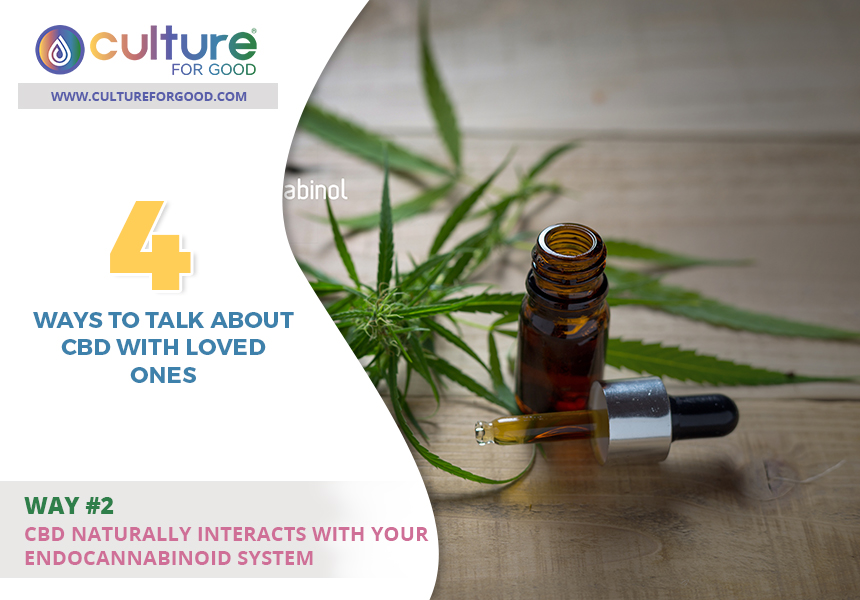
2CBD Naturally Interacts with Your Endocannabinoid System
All drugs have a way of interacting with our bodies. But did you know CBD actually has a natural effect on our endocannabinoid system (ECS)?
Our ECS is a neuro pathway for CB1 and CB2 receptors and is found all throughout the body, from vital organs to the brain. It’s also responsible for a number of different functions within our bodies, including (but not limited to):
- Appetite
- Hormone levels
- Inflammatory responses
- Mood
- Sleep patterns
As mentioned, CBD has been observed to balance out the receptors within our ECS. This is the reason it’s been found to have a number of positive medical effects. For example, if a specific area of your body is facing inflammation, CBD has the ability to decrease the number of neurotransmitters (or CB receptors) targeting that area of your body.
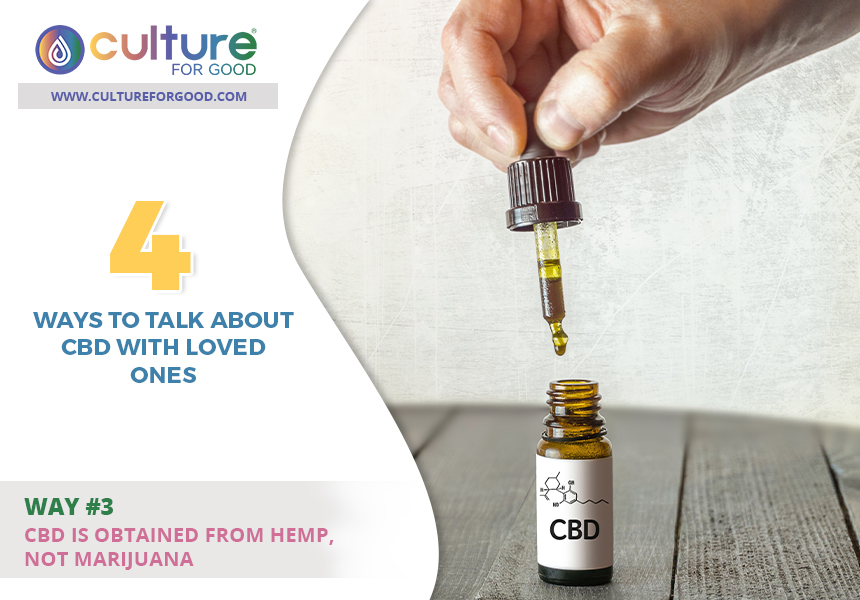
3CBD Is Obtained from Hemp, NOT MARIJUANA
When we tell people that CBD is obtained through the cannabis plant, they immediately assume this plant is marijuana. However, it’s important to make a clear distinction:
- Marijuana is a cannabis plant that has high levels of THC.
- Hemp is a cannabis plant that has high levels of CBD.
Of course, both plants come with other cannabinoids. But all CBD products that are federally legal must obtain their cannabidiol from a hemp plant. Meaning, there’s little to no THC in it.
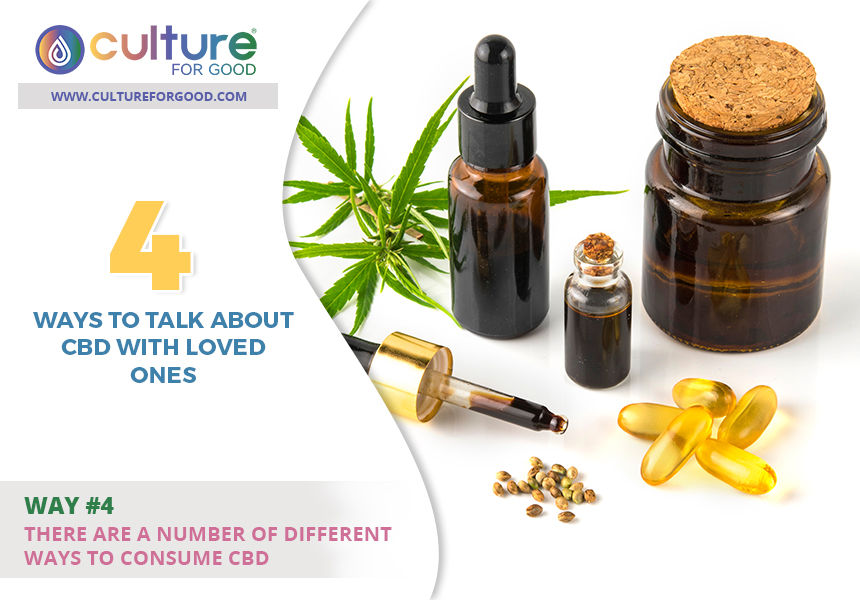
4There are a Number of Different Ways to Consume CBD
It’s important to mention to your loved one how there are a number of different ways to consume CBD. These include (but aren’t limited to):
- Edibles
- Oils
- Smoking or vaping
- Topicals (such as creams)
This variety is for the sake of introducing more and more people to the therapeutic benefits of CBD.
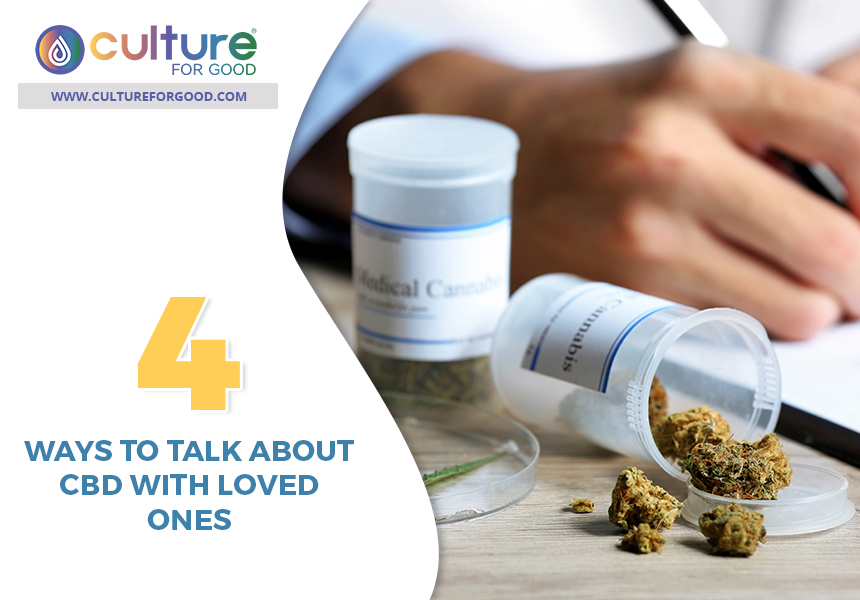
The Science Says it All
At the end of the day, one of the best things you can do for you loved on is show them the scientific evidence. The information is at our fingertips. In just a quick Google search, you’ll find a number of different articles proclaiming how CBD has been found to help people with a variety of illnesses. And when it comes down to it, there’s nothing more convincing than the research backing the claims.
If you’re interested in sharing CBD with a loved one, we at Culture for Good invite you to check out our products page for more information.
Reference Sources
¹ Dialogues in clinical neuroscience: Cannabis, cannabinoids, and health
² Curren Pharmaceutical Design: The Therapeutic Aspects of the Endocannabinoid System (ECS) for Cancer and their Development
